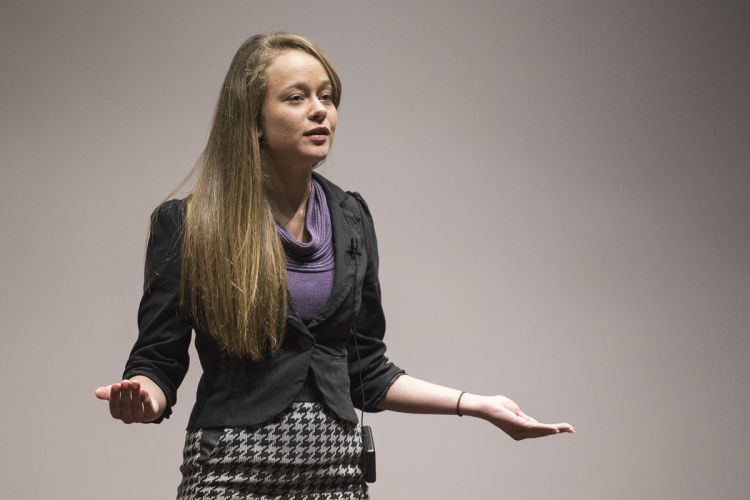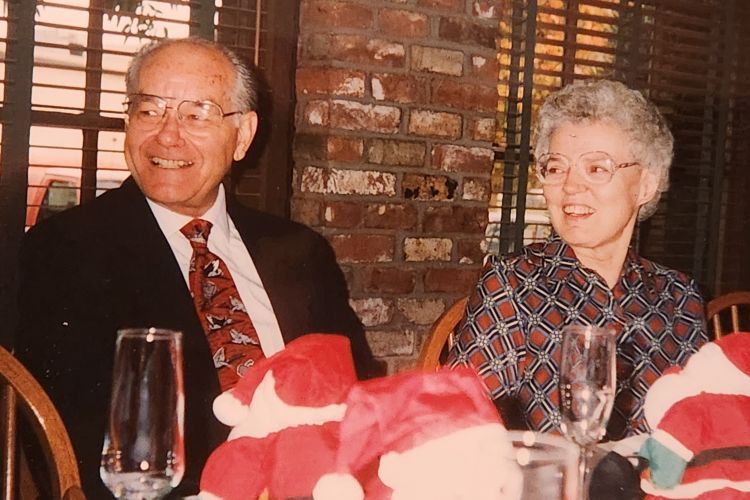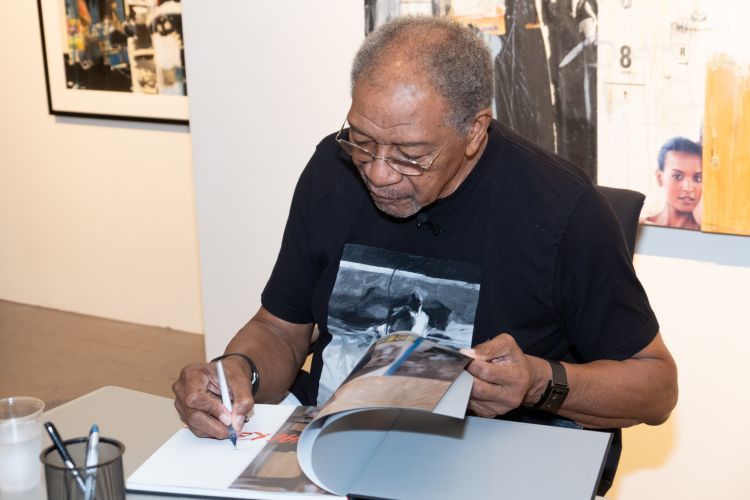Breadcrumb
Pacific speech and debate team continues its prestigious legacy

Pacific's speech and debate team has a history that dates back to 1854
University of the Pacific's speech and debate team has a history that dates back to 1854, but the same themes of family and diversity that define the team through its history are relevant today.
The first fraternity in the West, Archania, was a debating and literary society when it was founded at Pacific in 1854. In the 1920s, two fraternities got together to debate literature and events and the effort grew into a speech and debate organization. Since that time Pacific teams have been regulars in championship competitions and have compiled enviable records at both the regional and national levels, culminating in finishing as national champions in the 2020 National Parliamentary Debate Association’s open division.
"I am so proud of our team's hard work and accomplishments," said Steve Farias, director of forensics at Pacific. "But, most importantly, I am proud of how our team members have supported each other and come together to create a family atmosphere."
Studying, living, traveling and working together so closely, speech and debate does have a family feel. The students observe each other during competitions, encourage one another and suggest ways to improve their arguments.
"Being on the speech and debate team with such amazing folks is the place I've been challenged and grown the most during my time at Pacific," explained Tierra Smithson '22, a member of Pacific's speech and debate team. "A large reason for this is because of the support and connections this team fosters."
A tradition like no other
Mention a prominent Pacific alumnus and it is quite likely that person participated in debate. A few debaters of the past include John Beyer '62, Raoul Kennedy '64, Patricia Kennedy '66, Ted Olson '62, Douglas Pipes '65 and John Red Horse ’62. Each of these former team members all learned from Pacific speech and debate coach Paul Winters.
“Paul Winters was as close to what my conception of the ideal would be in just about every category,” said Olson during a recent Leading Voices virtual event. “He was highly principled and set high standards of conduct, professionalism and fair play.”
Winters taught communications and forensics from 1956 to 1989 and coached the speech and debate team from 1956 to 1980. In his first year at Pacific, the speech and debate team began winning tournaments. In 1964, he led Pacific to win the National Debate Tournament Association championship, becoming the first West Coast team to bring home the coveted first place trophy in more than a decade.
Also that year, the team won the prestigious televised Collegiate Championship Debates, sponsored by the American Forensic Association and American Student Foundation. This win even garnered a congratulatory telephone call from President John F. Kennedy.
“He had an uncanny ability to figure out what motivates people and have them achieve far more than they ever thought they were capable of,” said Raoul Kennedy.
Embracing diversity
Winters also embraced diverse perspectives on the team, as he recruited students to his debate team from all backgrounds, religious persuasions and ethnicities. He was a major force behind the eventual dissolution of separate men’s and women’s divisions, beginning with forming mixed teams of men and women.
Today, diverse perspectives are still embraced by Pacific's speech and debate team. That ability to understand both sides, think on your feet, and be articulate, concise and organized in debate has been key to the success of each team member.
"We want as many different opinions as possible," explained Farias. "The only way we are going to be able to reach the audience members and teach students to adapt to who they are speaking to is if they interact with people who have perspectives different than their own."
Speech and debate during a pandemic
Despite the challenges of competing during the COVID-19 pandemic, Pacific's speech and debate team continues to press forward with virtual tournaments this year.
"We have tournaments each weekend to begin the semester," said Farias. "Currently we are building up to compete in regionals, which will be held in February."
One advantage to having events held virtually has been the team has been able to compete more frequently because of not having to travel. The team can compete in multiple tournaments the same weekend without having to overextend itself.
However, winning tournaments and being ranked is not the priority for the team. As Farias explained, "We want our debaters to continue to discover their strengths, to develop skills in research and critical analysis and learn to communicate with understanding and confidence."




